Wren, Winterkoning, Zaunkönig, Carriça, Chocin Común
Spotted on our property Monte Horizonte in the Alentejo Region of Portugal. Wren sound
The Wrens are passerine birds in the mainly New World family Troglodytidae. There are about 80 species of true Wrens in about 20 genera. The genus eponymous of the family is Troglodytes. Only one species of Troglodytes occurs in the Old World, where in Anglophone regions it is commonly known simply as the “Wren” as it is the originator of the name; it is called the Winter Wren in North America. The name Wren has been applied to other, unrelated birds in Australia and New Zealand.
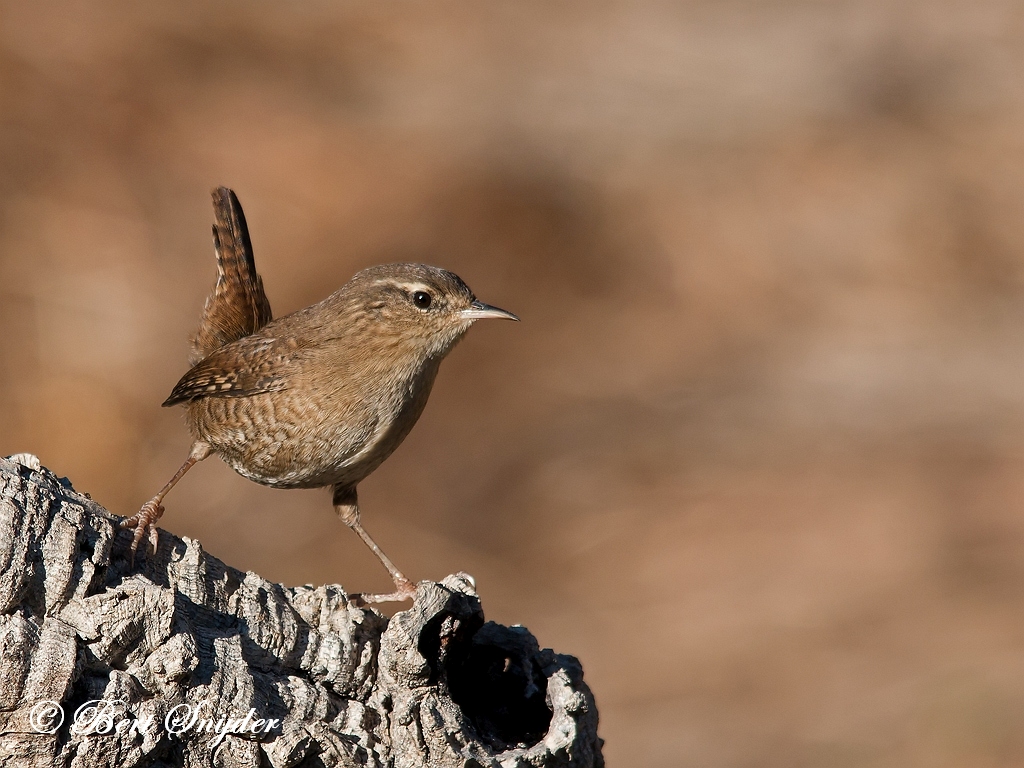
More photos at the bottom of this page.
The Wrens are mainly small and inconspicuous, except for their loud and often complex songs. These birds have short wings and they cannot see at night. Several species often hold their tails upright and sleep on the ground. Wrens are insectivorous, eating insects and spiders but they will also eat fish, small rodents and lizards.
The Wrens are small birds, amongst the smallest in the New World. They range in size from the White-bellied Wren, which averages under 10 centimetres (4 in) and 9 grams (0.3 oz), to the Giant Wren, which averages about 22 cm (9 in) and 50 g (2 oz). The dominating colours of their plumage are drab, composed of grey, brown, black and white, and most species show some barring, especially to tail and/or wings. One particularly distinguishing characteristic of the family, absent in most all other songbirds, is barring on the retrices. The plumage of the Wrens is soft. There is no sexual dimorphism in the plumage of Wrens, and little difference between young birds and adults.
Cobb’s Wren is an insular endemic, restricted to the Falkland Islands. The Wrens are principally a New World Family, being distributed from in the Americas from Alaska and Canada to southern Argentina. A single species, the Winter Wren, is found not only in North America but also in Eastern Asia, Europe and marginally into North Africa. There are a number of insular species, including the Clarion Wren and Socorro Wren from the Revillagigedo Islands in the Pacific Ocean, Cobb’s Wren in the Falkland Islands, but they are rare on the islands of the Caribbean, with only the Southern House Wren in the Lesser Antilles and the highly restricted Zapata Wren in a single swamp in Cuba.
The various species occur in a wide range of habitats, ranging from dry, sparsely wooded country to rainforest. The vast majority are found at low levels, but some members of the genus Campylorhynchus and both members of the genus Odontorchilus are commonly found at canopy height. A few species, notably the Winter Wren and the House Wren, are often associated with humans. Most species are non-migratory, remaining in Central and South America all year round, but the few temperate species typically migrate to warmer climes in winter.
Although the Wrens have a reputation for extreme secretiveness, they vary from highly secretive species such as those found in the genus Microcerculus to the highly conspicuous genus Campylorhynchus, the members of which will frequently sing from exposed perches. The family as a whole exibists a great deal of variation in their behaviour. Temparate species generally occur in pairs, but tropical species may occur in parties of up to twenty birds.
Wrens build dome-shaped nests, and may be either monogamous or polygamous, depending on species.
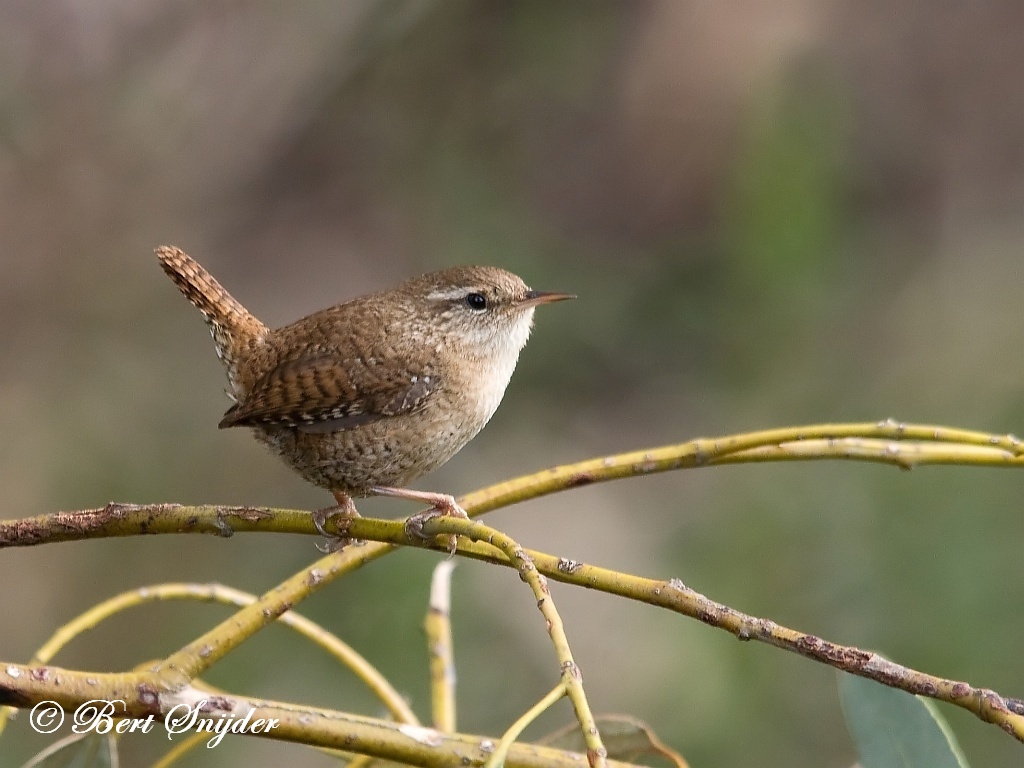
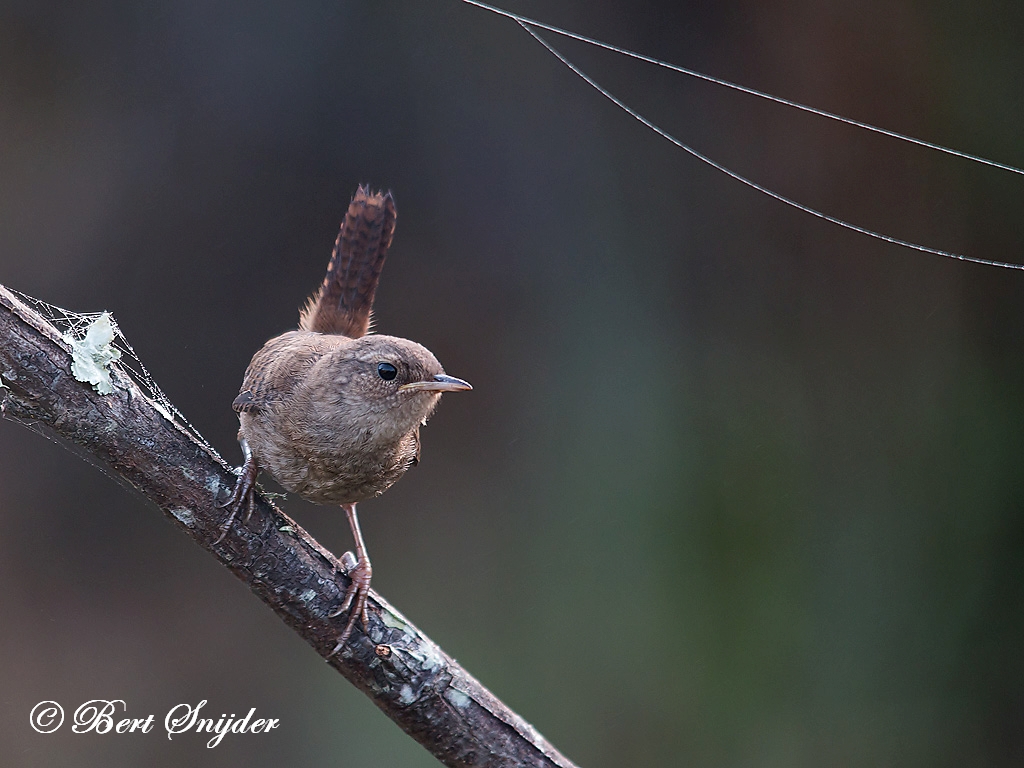
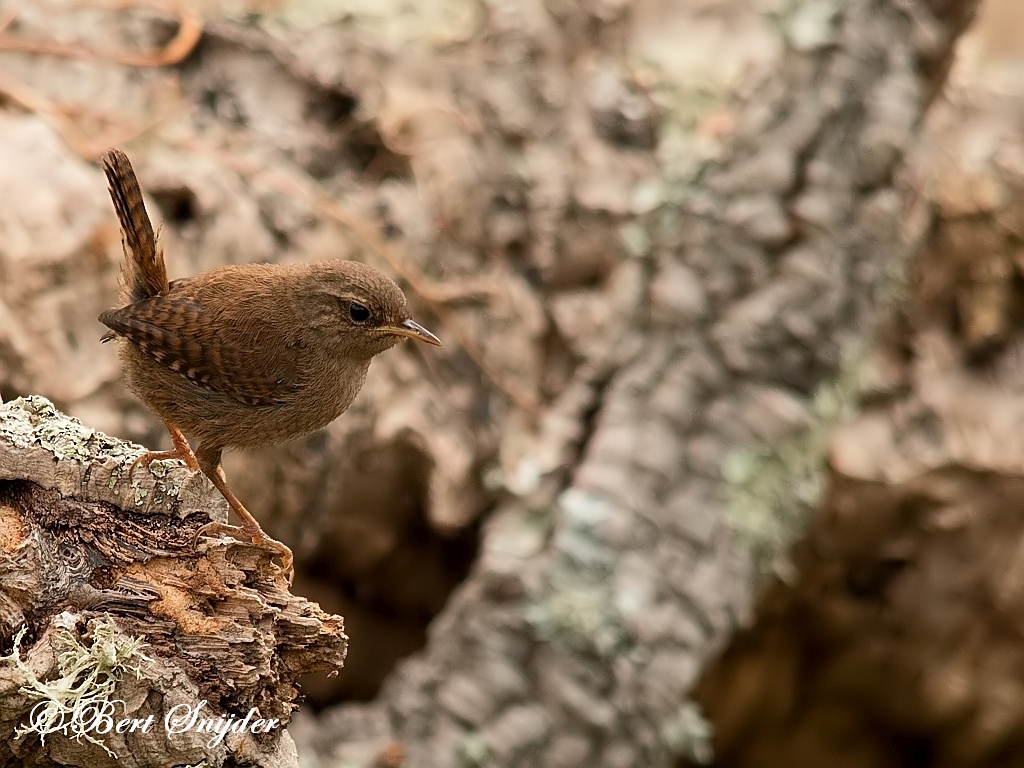
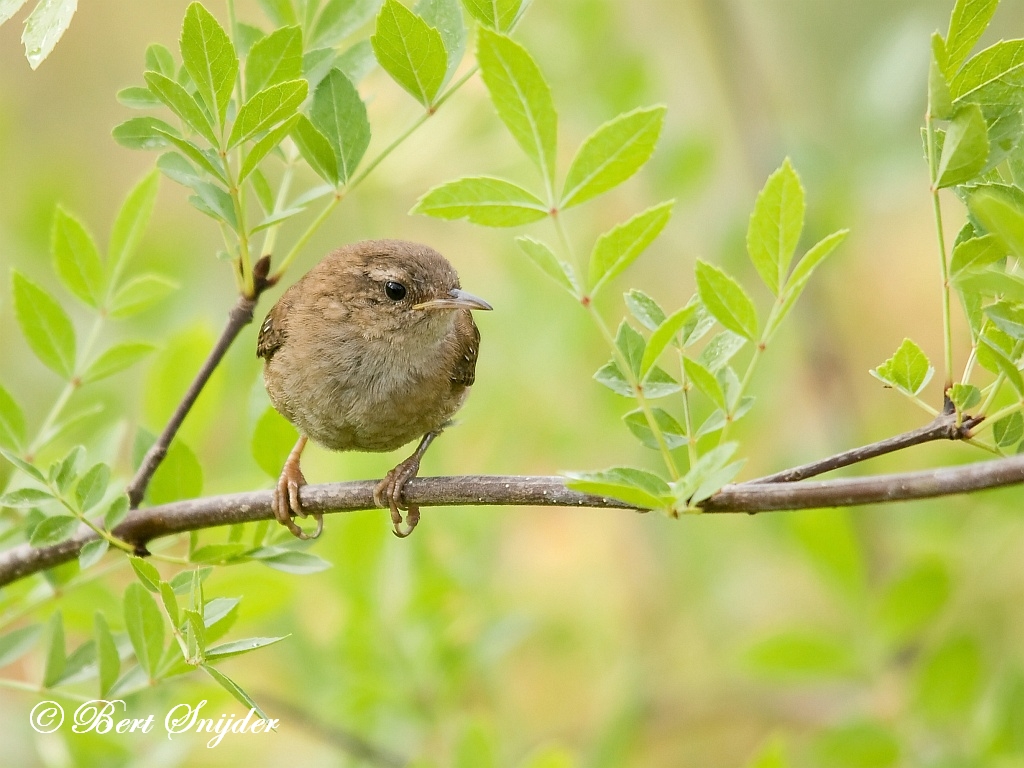
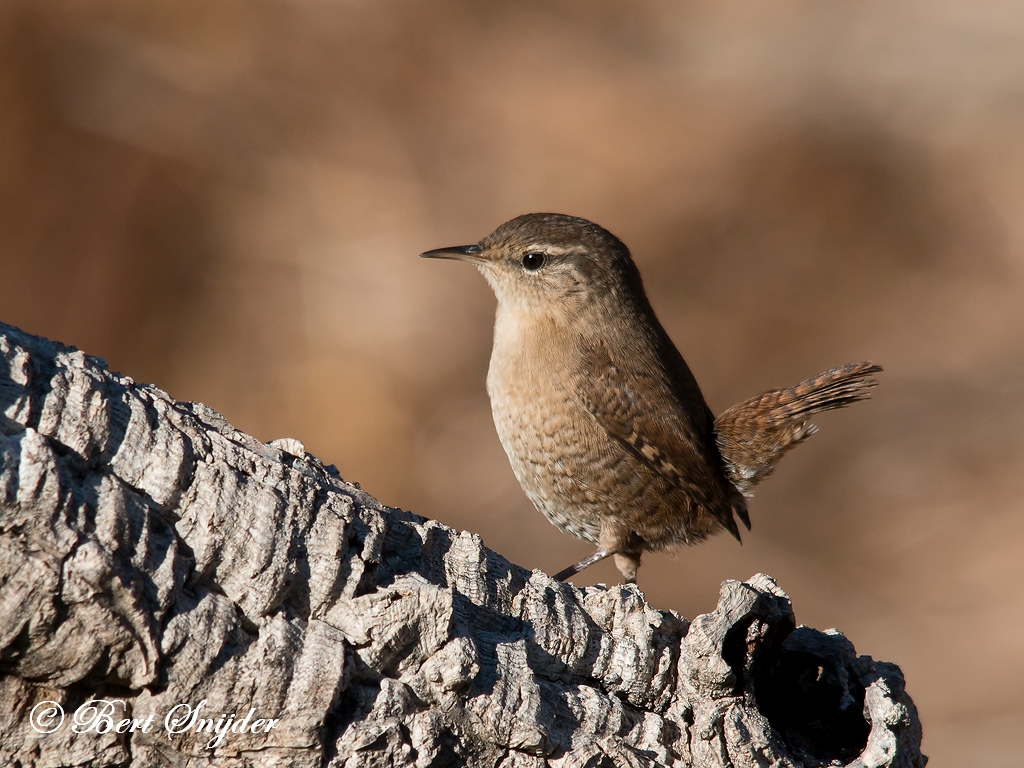
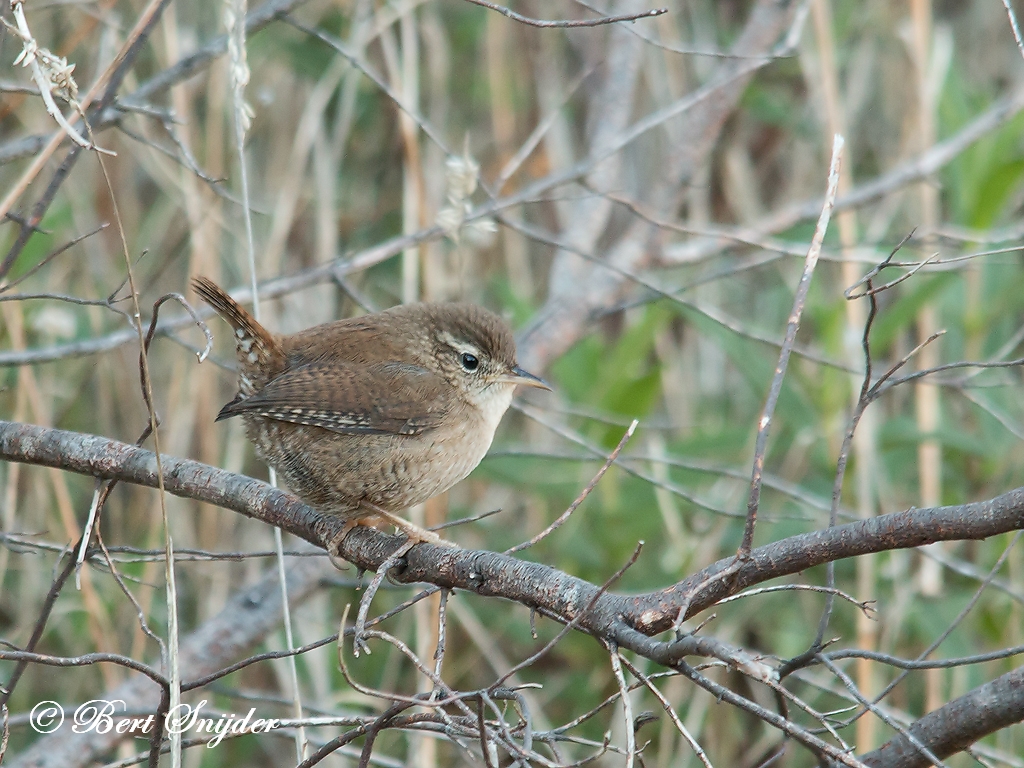
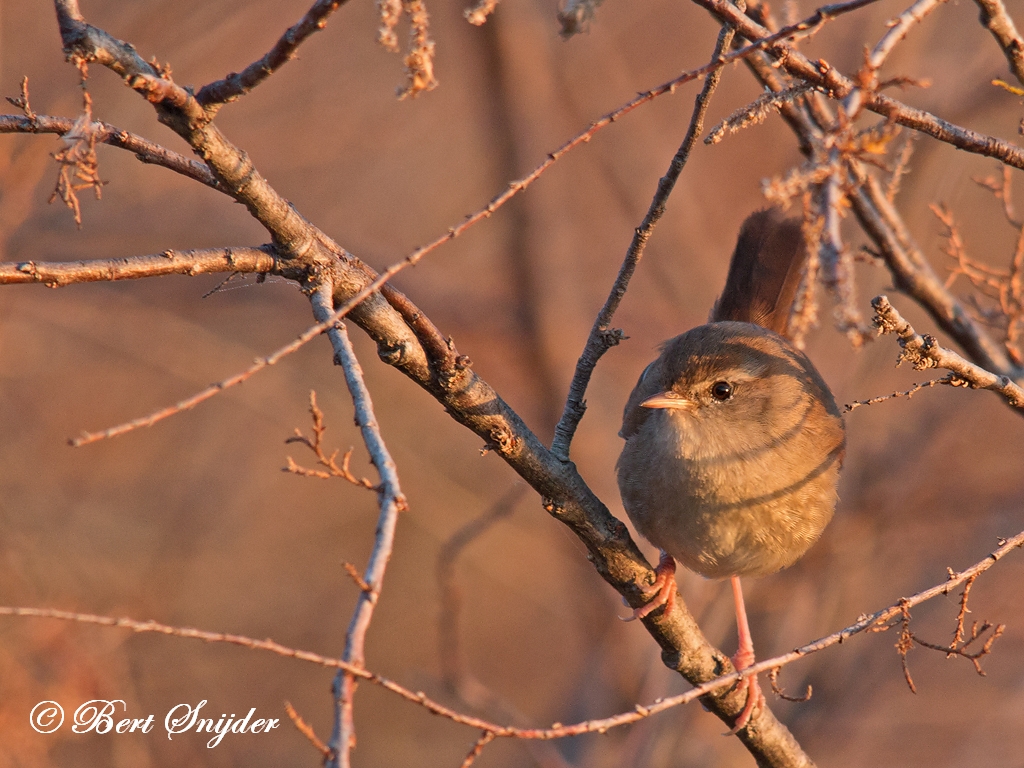
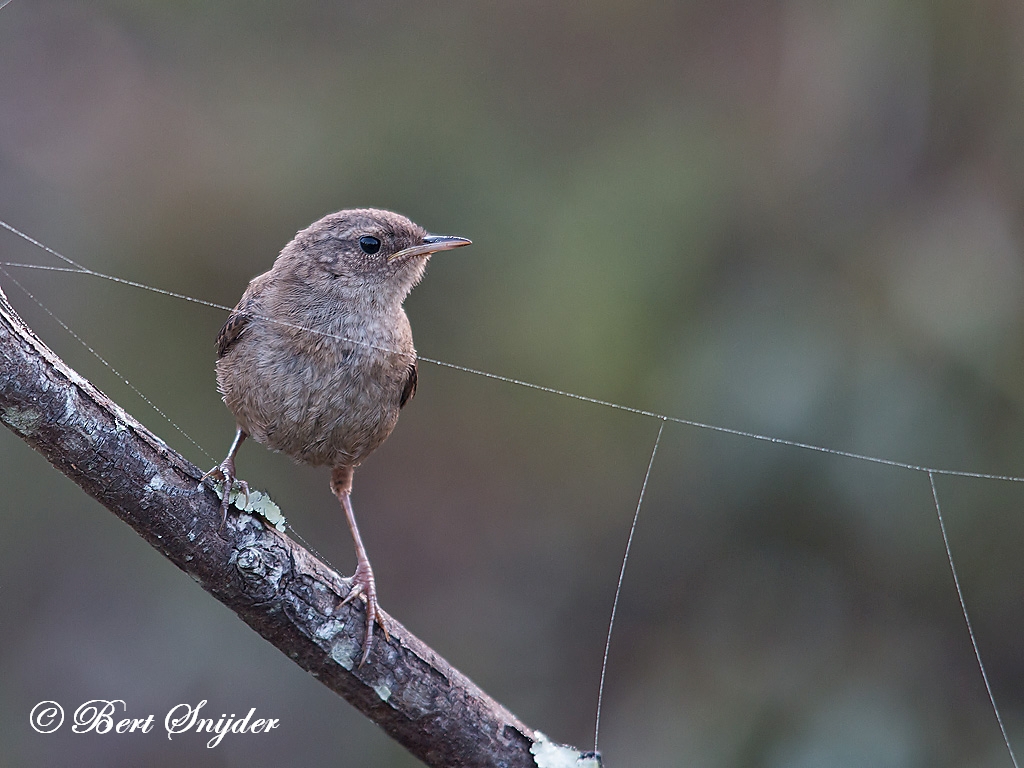
Other synonyms:
Asturian: Cerrica, Zarrica
Azerbaijani: Adi bilibitdan
Breton: Al laouenan troc’hanik
Catalan: Cargolet, Passaforadí
Catalan (Balears): Passaforadí
Czech: støízlík obecný, Strízlík obecný, St?ízlík obecný
Welsh: Dryw, Dryw bach
Danish: Gærdesmutte
German: Zaunkoenig, Zaunkönig
English: Alaska Wren, Aleutian Wren, Anaga Wren, Attu Wren, Common Wren, Holarctic Wren, Kiska Wren, Kodiak Wren, Northern Wren, Semidi Wren, Stevenson’s Wren, Unalaska Wren, Willow Wren, Winter Wren, Wren, Wren Winter
Esperanto: troglodito
Spanish: Chivirín Chochín, Chochin, Chochín, Chochín Común, Saltapared Invernal
Spanish (Mexico): chivirín chochín, Saltapared Invernal
Estonian: Käblik
Basque: Cargolet , Txepetxa
Finnish: Peukaloinen
Faroese: Mortítlingur, Músabróðir
French: Troglodyte des forêts, Troglodyte mignon
Irish: Dreoilín
Gaelic: Dreathan, Dreathan-Donn, Dreollan
Galician: Cargolet , Carriza
Manx: Drean
Hungarian: Ökörszem
Icelandic: Músarrindill
Italian: Scricciolo, Scricciolo comune
Japanese: misosazai
Cornish: Gwrannen
Latin: Anorthura hiemalis, Nannus hiemalis, Nannus troglodytes, Olbiorchilus hiemalis, Troglodytes hiemalis, Troglodytes troglodytes, Troglodytes troglodytes troglodytes
Lithuanian: Karetaite
Maltese: Bumistur
Dutch: Winterkoning
Norwegian: Gjerdesmett, Tommeliten
Polish: strzyzyk
Portuguese: Carriça
Romansh: Poleschet
Russian: Krapivnik
Slovak: oriešok hnedý, oriešok obycajný
Slovenian: stržek
Albanian: Çerri
Serbian: caric
Swedish: Gärdsmyg
Travel Birdwatching Holiday Alentejo, Vacation Portugal for birders guided birdwatching Tours and Trips.